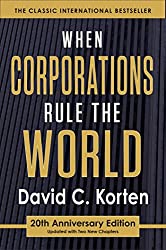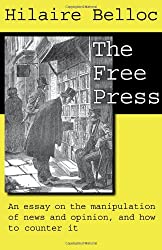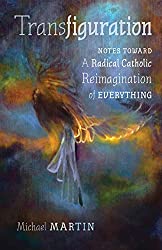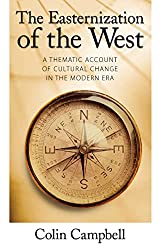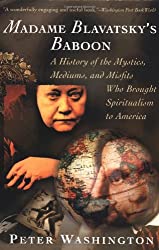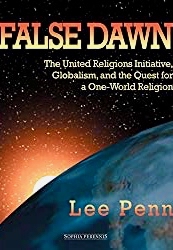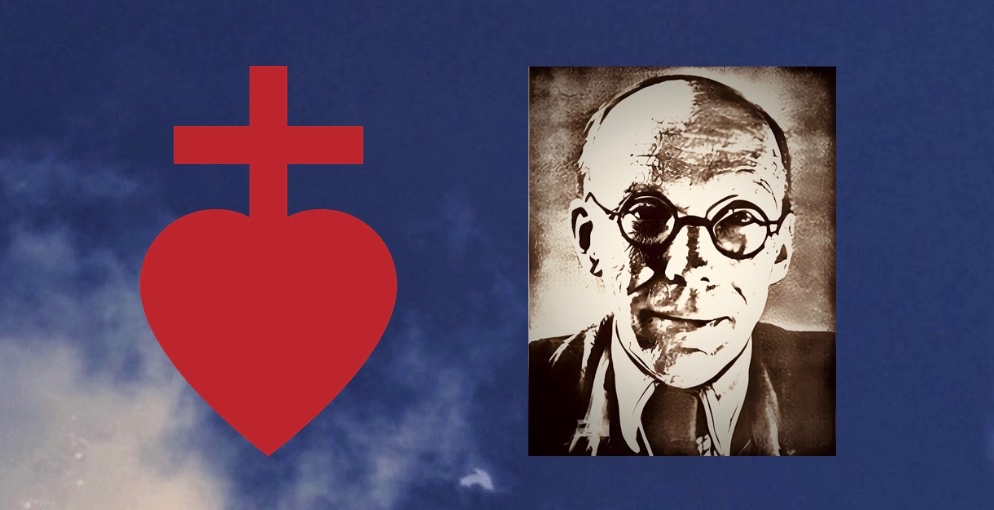
2023 Update:
Here is the first of a never-completed nine part series of musings on Valentin Tomberg, Catholicism, Rudolf Steiner and the world tragedy, written many years ago in 2011. In recently re-visiting it, for the first time in years, I have seen fit to rewrite it a little. But for the most part it remains as it was, even if today it seems to me very slightly crude and immature in places.
My more mature thinking on Tomberg is found in my books, key articles like this one and the YouTube videos you will see peppered through the series. Still I think there may be valuable material in this series not found elsewhere and For navigation purposes, we list and link the nine parts here:
- Valentin Tomberg, Catholicism and the Counter-Revolution—Pt. 1
- Valentin Tomberg, Catholicism and the Counter-Revolution—Pt. 2
- Valentin Tomberg, Catholicism and the Counter-Revolution—Pt. 3
- Valentin Tomberg, Catholicism and the Counter-Revolution—Pt. 4
- Valentin Tomberg, Catholicism and the Counter-Revolution—Pt. 5
- Valentin Tomberg, Catholicism and the Counter-Revolution—Pt. 6
- Valentin Tomberg, Catholicism and the Counter-Revolution—Pt. 7
- Valentin Tomberg, Catholicism and the Counter-Revolution—Pt. 8
- Valentin Tomberg, Catholicism and the Counter-Revolution—Pt. 9
And now back to 2011 — Roger Buck
We have been speaking – just a little – about what Valentin Tomberg meant by Hermeticism. And it was suggested that Valentin Tomberg believed it was necessary that Hermeticism become Christian, baptised as it were.
It was also suggested that perhaps he thought that nothing less was necessary for the salvation of world civilisation.
For the moment, I want to unpack a little what I mean by ‘saving world civilisation’. For it can serve as a major key to understanding the whole of Valentin Tomberg’s Catholic corpus.
Indeed, I would go so far as to say that not only is the salvation of civilisation a powerful connecting link between both Tomberg’s legal and hermetic works, but I will advance the following notion:
The Catholic corpus of Valentin Tomberg is nothing less than the sustained effort – over decades – by an uncanonised saint and genius to make the fullest effort possible (in terms of what is possible for any lone individual) towards the saving the world.
For Valentin Tomberg was very gravely concerned that civilisation was in severe jeopardy, certainly that Western Christian civilisation was in danger of being extinguished.
And to my mind, Tomberg’s Catholic corpus represents an astonishing, heroic effort to share in the burden of Jesus Christ, to help carry the Cross, bearing in mind that the essence of Christianity is expressed in the Pauline precept:
Bear one another’s burdens, and so fulfill the law of Christ.
Galatians vi, 2
Jesus Christ carries the burden of the whole world. But Christian saints aspire to do all they can to help Him.
Thus, none of this is an attempt to proclaim Tomberg infallible. Yes: I believe Valentin Tomberg to be both an authentic genius and saint – but all the saints are fallen and very fallible …
Still, in Tomberg’s Catholic corpus, I believe we have an astounding carrying of the cross of the modern world.
And as I look out on this world – like many of us today – I concur with the verdict found throughout this corpus: The West finds itself in a process of crippling degeneration. (We shall return to this term degeneration, which Tomberg invokes powerfully in his first legal work and continues to invoke throughout his writings.)
And, as my heart feels ever more pierced by the degeneration of the West, I confess that – beyond the Catholic Mystery – there is nowhere that I see more hope than in Tomberg’s extraordinary attempt to carry the cross of the modernity.
For there are many traditionalists who seek to ignore modernity.
Tomberg was not one of these and we find in him a Catholic integration (involving baptism) of many currents of thinking: philosophical, theological, psychological, legal, political, sociological, scientific …
I concur then, with these words from Father Basil Pennington, a trappist Abbot:
It is such a rich collection of wisdom drawn from such a staggering number of diverse sources that it leaves the mind almost reeling … Besides the Bible we find the Upanishads, the Cabbala, the Hermeticists, and men as diverse as Origen and Chardin, Plato and Bergson, Jung and John of the Cross, Kierkegaard and Nietzsche …
It is without doubt the most extraordinary work I have ever read. It has tremendous spiritual depth and insight.
However, Father Pennington is only referring here to the single volume Meditations on the Tarot. The vast, breathtaking scope of the Catholic Valentin Tomberg’s work only becomes more evident, as we try to consider this book alongside the other Catholic legal and hermetic works.
In a faltering way, it is this kind of consideration to which I will aspire in this series, contrasting and comparing themes of Meditations on the Tarot with the other works – particularly in regards to the matter of literally saving the world.
For as we will see, Tomberg’s extraordinary project involves more than simply baptising non-Christian thought (whether for example, the ancient Hermetic, but also that of modern currents eg. the neo-paganism of C.G. Jung.)
It also involves the extraordinary turn taken by a former Anthroposophist that we have already mentioned – a turn towards a deeply Counter-Revolutionary hierarchical and traditional Catholicism.
We will even observe that it is not unlike an Ultramontane form of Catholicism. Ultramontanism – the word is little recalled these days. But in Nineteenth Century France, Ultramontane meant literally ‘beyond the mountains” – in this case, beyond the (French) Alps.
That is to say: looking towards Rome—beyond the circumscribed world of post-revolutionary France.
The Ultramontanists were often ultra-traditional Catholics, who seeing the world submerged in a growing secular materialism, turned towards Rome, as the only hope …
The greatest Ultramontane victory came in 1870— with the decree of Papal Infallibilty at the first Vatican Council.
Now, Tomberg endorses the fruit of this victory as it was defined in 1870 that is to say the Infallibility of the Pope in terms of faith and morals:
Do you know what the ex cathedra infallibility of the pope in mailers of doc- trine and morality is? It is that he finds himself in the condition of the Hanged Man when he makes a declaration ex cathedra (i.e. in the condition of the Hanged Man) concerning things of faith and morality. It is the condition in which the apostle Peter was when he was able to say. “You are the Christ, the Son of the living God,” and of which the Lord said in reply, “Flesh and blood has not revealed this to you, but my Father who is in heaven” (Matthew xvi, 16-17). And just as a stone does not have its own motion, and can only be a moved object, so is the will of he who is found in the condition of the Hanged Man deprived of its own movement and can only be moved from above.
This is one side of the mystery of infallibility in things of faith and morality. It is the arbitrary paralysed and reduced to nothing —the state of the stone — which safeguards the infallibility of judgement in this domain. It is above all a matter of the elimination of the source of errors —for, as a rule, the Roman pontiff making an ex cathedra statement does not do so as a prophet but as a pontiff.
The whole mystery of infallibility has, without doubt, still other aspects . . .
Anonymous (Valentin Tomberg) Meditations on the Tarot, p. 330
But in his legal works particularly, he indicates profound sympathies for many other aspects of the Nineteenth Century Ultramontane project. (Though this sympathy is very much present in his later Christian Hermetic works too – as I have indicated with some relevant quotations here).
Indeed, we mean to suggest that Valentin Tomberg seems to have had far more sympathy with Vatican I(1869-1870) than Vatican II (1962-1965) …
Note: Some readers may wish to know that I have recently reviewed a book by Charles A. Coulombe that is all to do with the Ultramontane Counter-Revolutionary Catholicism which expressed itself at Vatican I. The book is called The Pope’s Legion and the review is here.
Foreword for Monarchy by Roger Buck

Buying Books at Amazon Through These Links Gives Us a Commission. This Supports Our Apostolate. Thank You if You Can Help Us Like This!

